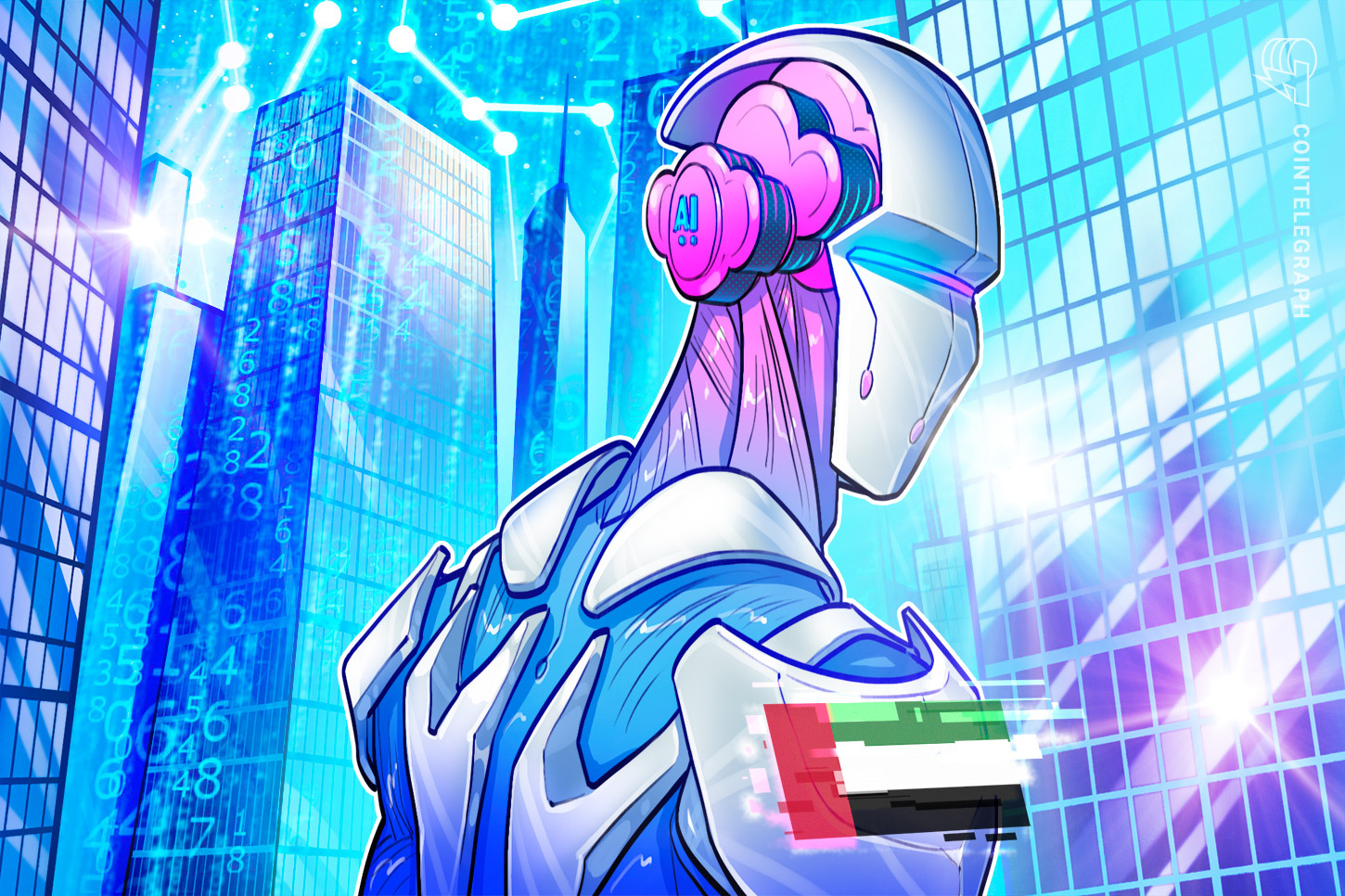Layer-1 blockchain peaq and the Pulsar Group have launched a dedicated sandbox in the United Arab Emirates aimed at exploring the integration of robotics and AI within a decentralized economy.
The organizations have created a Machine Economy Free Zone in Dubai, combining regulation, infrastructure and investment to advance decentralized, machine economy-specific use cases.
The initiative is designed to provide developers, businesses and government stakeholders with a controlled environment to test and develop machine economy applications, including decentralized physical infrastructure (DePIN) networks.
Max Thake, the co-founder of peaq, told Cointelegraph that the free zone is a “human-centric economy where autonomous robots, machines and devices create value, earn and trade.”
It’s intended to attract builders in the DePIN and machine economy industries, making it more comprehensive than other economic free zones, which tend to be more general, said Thake.
The free zone initiative is being carried out in partnership with Pulsar Group, an Abu Dhabi-based advisory firm in the tech and digital economy industries.
When asked which DePINs were building on peaq that could be deployed in the UAE, Thake provided several examples of projects working with Emirati enterprises.
These include community-powered air quality monitoring through wearable devices, hyperlocal weather forecasting, a virtual power plant made up of community-owned devices that support grid flexibility, and the use of smartphones to measure local noise pollution.
Once a niche blockchain use case, DePINs are gaining mainstream attention. The market could reach $3.5 trillion by 2028, driven by advances in blockchain technology and artificial intelligence, according to the World Economic Forum.
Related: VC Roundup: Investors continue to back DePIN, Web3 gaming, layer-1 RWAs
The rise of RWA tokenization in the UAE
The UAE sandbox enables comprehensive development and testing of machine tokenization applications, which Thake described as systems that reward tokenholders with a share of the revenue generated by specific machine activities.
“Let’s take an autonomous robo-cafe, for example. The cafe sells coffee, processing transactions digitally, and can report this data onchain for transparency. Tokenizing it could mean rewarding tokenholders for each cup the robot sells.”
Tokenization also supports the free zone’s Universal Basic Ownership (UBO) system, which directs wealth generated by robots and autonomous agents to individuals displaced from those jobs.
“The concept is still in its early stages, but the Machine Economy Free Zone in the UAE is the ideal testbed,” said Thake.
The UAE has become a key hub for tokenization, with Dubai’s Virtual Asset Regulatory Authority (VARA) updating its framework for bringing real-world assets (RWAs) onchain.
As a result, tokenized asset activity has grown rapidly in areas like Dubai, where blockchain-based real estate transactions have reached billions of dollars.
This came as the Dubai Land Department, the Dubai Future Foundation, and the Central Bank of the United Arab Emirates launched the region’s first licensed tokenized real estate project.
Related: The machine economy has arrived and bots have wallets


